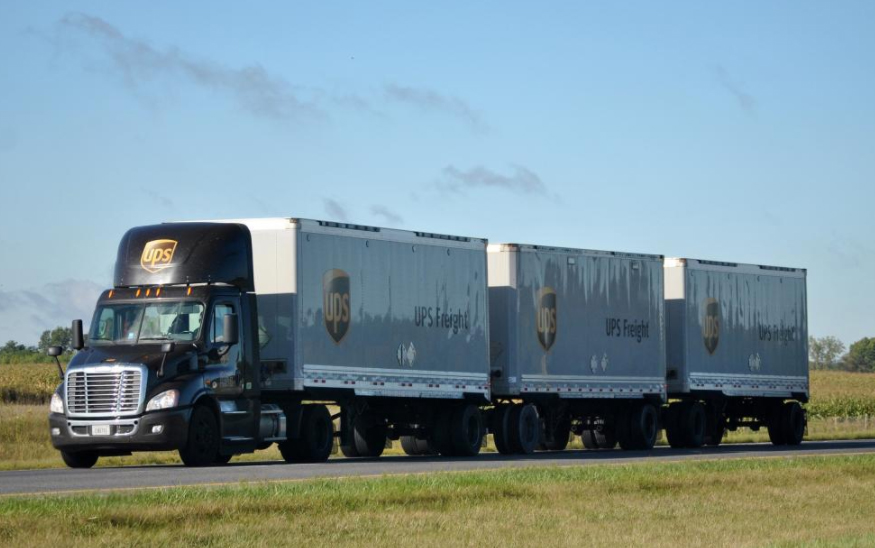
On December 18th, 2017, the FMCSA’s ELD mandate will go into effect, requiring many trucking companies to equip their vehicles with electronic logging devices.
Now, barely 6-months before the new law goes into effect, one of America’s shipping giants has asked the federal government for several specific exemptions from the new rules.
United Parcel Service (UPS) has filed a petition with the Federal Motor Carrier Safety Administration asking for the following four exemptions:
1. Allow new trucks purchased after the December 2017 deadline to be grandfathered in under the AOBRD allowance.
“Grandfathering” new truck purchases will give UPS until December 2019 to switch to ELDs. Whereas other carriers will be forced to use ELDs immediately on new trucks purchased after the December 2017 effective date.
2. Allow drivers to manually change duty status, instead of having the ELD device automatically record a change in status.
“UPS cannot both comply with the requirement that an ELD record tractor data when a driver logs in or out (or otherwise changes duty status while outside of the vehicle) and also comply with our bargaining unit contract and pay guidelines for our drivers,” say UPS officials.
3. Add an additional driving status for yard moves.
The company wants to create a driving status to accommodate moves around the yard. This yard status would not count towards driving hours and would be automatically switched to a normal ‘driving’ status if speeds exceed 20 mph or if the truck leaves the yard.
“The ELD rule would require drivers to manually change duty status twice for every move they complete in the yard, which could mean entering manual changes as many as 20 times in an hour,” UPS said.
4. Exempt UPS from the ‘power up’ and ‘power down’ ELD tracking function in order to allow washing and fueling employees to tend to the trucks as needed.
“Insofar as the ELD regulations would require recordation of engine data for in yard operation of UPS vehicles by non-driver employees, that requirement would impose a significant burden on UPS. While it would be possible to provide these employees with portable ELDs to record engine data, doing so would be extremely costly,” UPS says.
In the petition filed with the FMCSA, UPS says they “believe that the requested exemptions will maintain a level of safety that is equivalent to, or greater than, the level of safety achieved without the exemption.”
